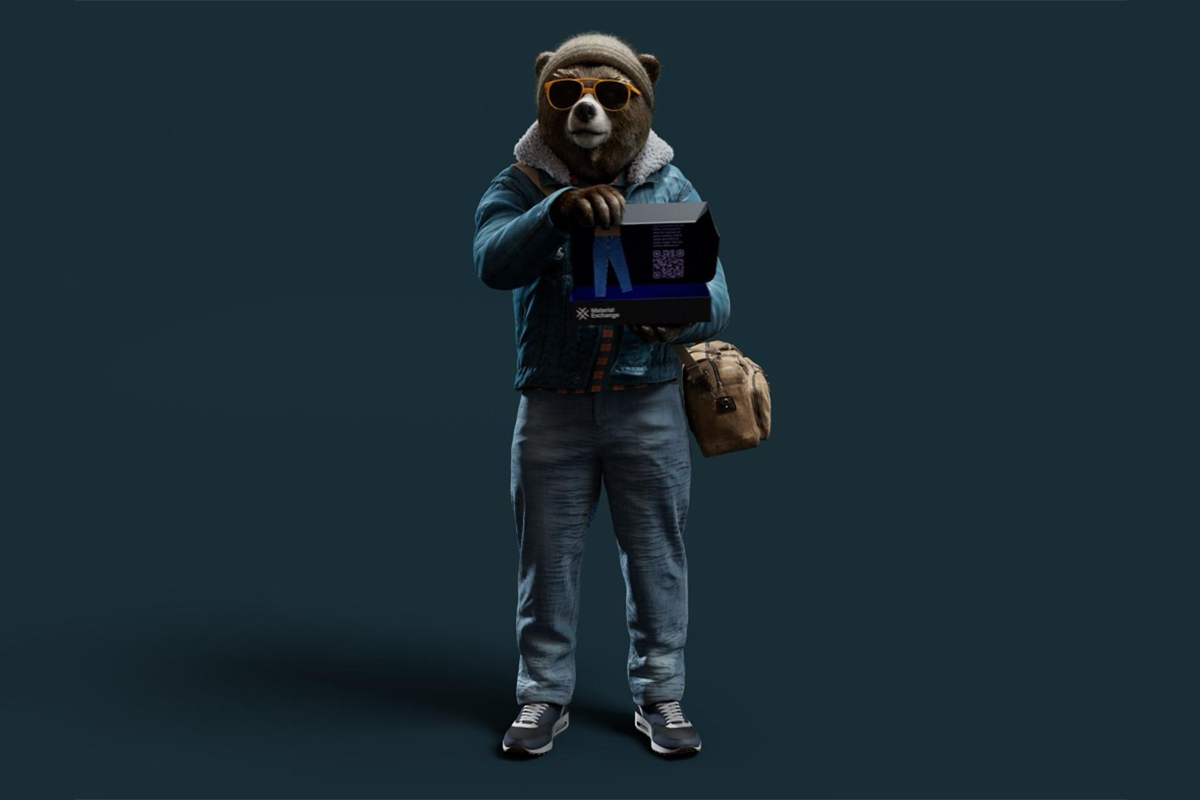Founder’s Letter: Interns and Apprentices & Building a New Denim Future
For our industry to continue to grow and be better and long-lasting, we need more young people in the supply chain.
My two favorite words in life are “what if?”
To move forward and grow and improve, we have to begin by imagining a better future, what is needed and how that will work. To do that, we have to ask “what if?”
Let’s imagine a real structure for the future of our industry — a “what if” scenario in which young people from anywhere in the world (students or not) who wished to join the denim industry could find internships or apprenticeship opportunities? What if there was an online site where companies marketing (retail or wholesale) in Europe and the USA offered opportunities to students from developing nations to either intern or apprentice? What if that site also helped companies in manufacturing nations to connect with students from developed nations looking to learn about manufacturing? How cool would that be? And what a wonderful industry we’d have if that was going on regularly for a decade?
They say you can do anything or have anything as long as you can imagine it.
I see this site clearly and so does Mariette Hointink from House of Denim . Mariette has been forging these connections between students and recent graduates and denim manufacturers, mills and brands through her HTNK recruitment agency.
“We host the first and only Jean School in the world for the next gen denim designers and developers with a focus on sustainability, circularity, innovation and crafts(wo)manship,” Mariette says. “It is my firm belief that educating the next generation is the way to go. They are the ones questioning the current system, they are the ones who will make the difference & they are our future towards a brighter blue.”
I often hear my industry colleagues lament that young people in their nations are disinclined to join our industry. I first heard this kind of story in Japan in the mid ’90s. Often I was told that back in the 1960s, highly educated post graduates sought out jobs with trading companies or textile manufacturers in order to build good lives. By the 1980s, however, the best and brightest in Japan moved to electronics or the financial markets. As Japan’s textile manufacturing investment declined, those best-in-class graduates lost interest in working in an “atrophying industry.”
In the United States, there are many schools for fashion and design. But as textile production dwindled, fewer and fewer students enrolled in apparel production or textile engineering courses. In response, some universities have reduced their investment in educating the next generation for these production jobs. The same pattern logically followed in countries where textile and apparel production once flourished and now does not. All of Europe, Korea, Hong Kong, etc., etc., are included in this group.
On the other hand, in countries like Bangladesh, Pakistan and India, textile and apparel manufacturing education is flourishing and there are lots of young people who wish to be in the industry.
While it is good and natural that textile- and apparel-producing nations have a growing base of educated young people, there is a huge difference between the experience they will find in developing nations versus developed. A manufacturing or textile graduate in the USA, France or Italy knows innately the local consumer and what they need. How well does a recent textile graduate from Chittagong know the consumers in the U.S., France or Italy? Theoretically, they can go online to see fashion in other nations, but in practice, that won’t paint the full portrait of the local consumers and it’s an inefficient way to develop industry knowledge. Wouldn’t it be ideal if he or she had access to a database of global internships and apprenticeships? Then they could learn while immersed in the market.
I do not have a degree in textiles or fashion, but I learned on the job working for my father. When my daughter first decided she wanted to join our industry, she got lucky and a dear friend hired her (after she conquered the Portuguese language). She went to work for him as an apprentice. Initially, they stuck her in a shirt factory where she stayed for weeks until she could make a pattern and cut-and-sew a shirt perfectly. From there, she moved to the production office and began communicating with customers acting as liaison from the garment factory to the buyer. A year later, she returned to the USA and landed a job earning $65,000/year because the company that hired knew she could do the job perfectly. It was one of the companies she had supplied and they had been in email communication with her for months.
I spent 15 years collaborating with the Fashion Institute of Technology on their capstone jean course. Our company hired many interns over the years from that Textile Development and Marketing course and while many of those interns eventually joined our staff, they stepped into jobs that paid less than $50,000/year. What that taught me is that education — while incredibly valuable — is not as valuable as an apprenticeship, where one has a chance to do the work and connect with others in the industry at the same time.
Recently, we hired a former intern who graduated from Texas A&M in their global supply chain program (not necessarily a place to find marketing expertise in the jeans industry). His growth trajectory included working in New Orleans in our sales office for two months, and then living in Turkey for two months working in Kipas’ textile weaving and dyeing facilities. After that, he spent time working in Saitex’s garment factory in Los Angeles. This invaluable process provided a solid, real-world foundation for a wonderful career in our industry.
We can all work together to create these kind training opportunities and begin building a supply chain of talented and trained new workers. And I want to start right now. Garment factories and textile mills that would like to be part of this process are encouraged to write to us. The same goes for any schools that have students who wish to join this process. Let’s get the next generation educated and trained to join this amazing industry.
Happy February!
– Andrew Olah


